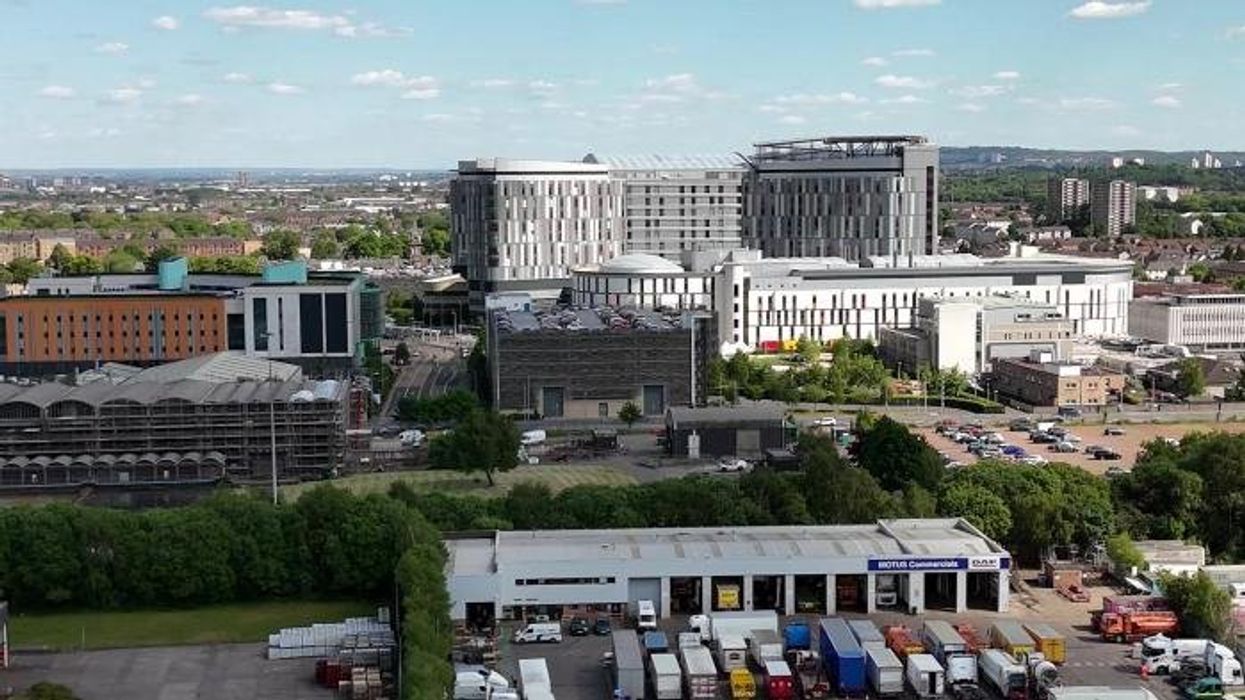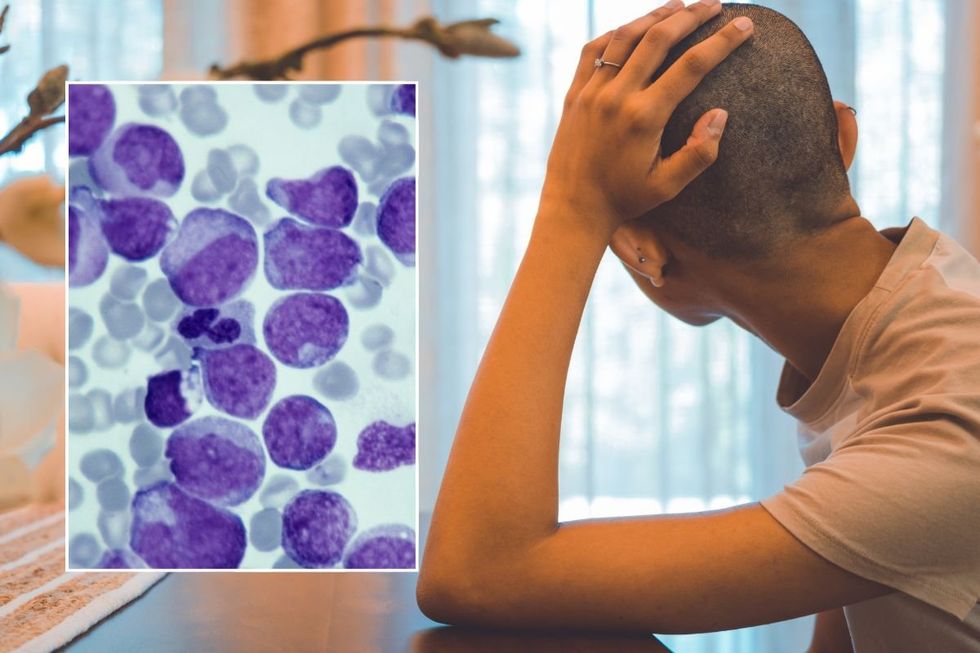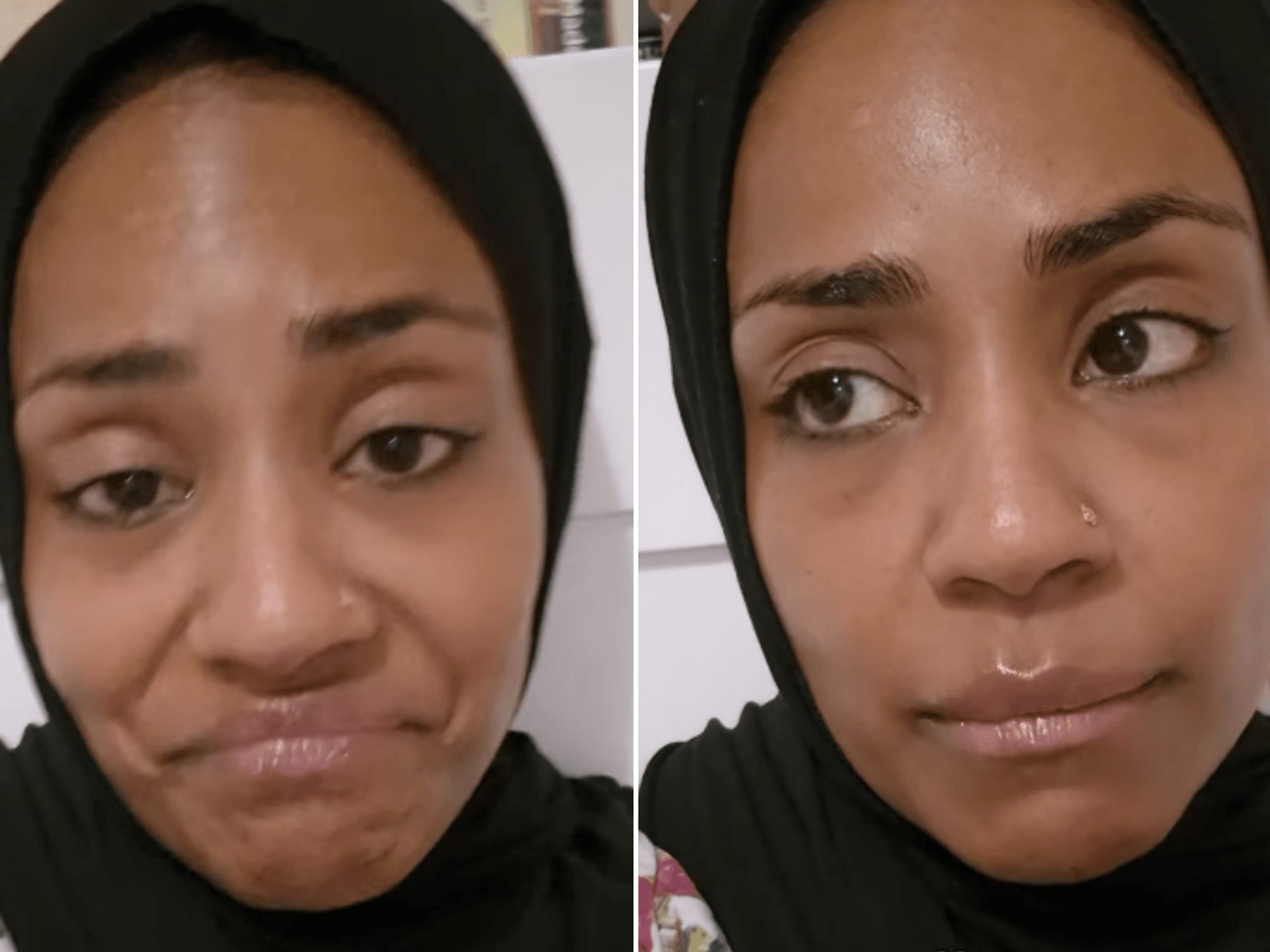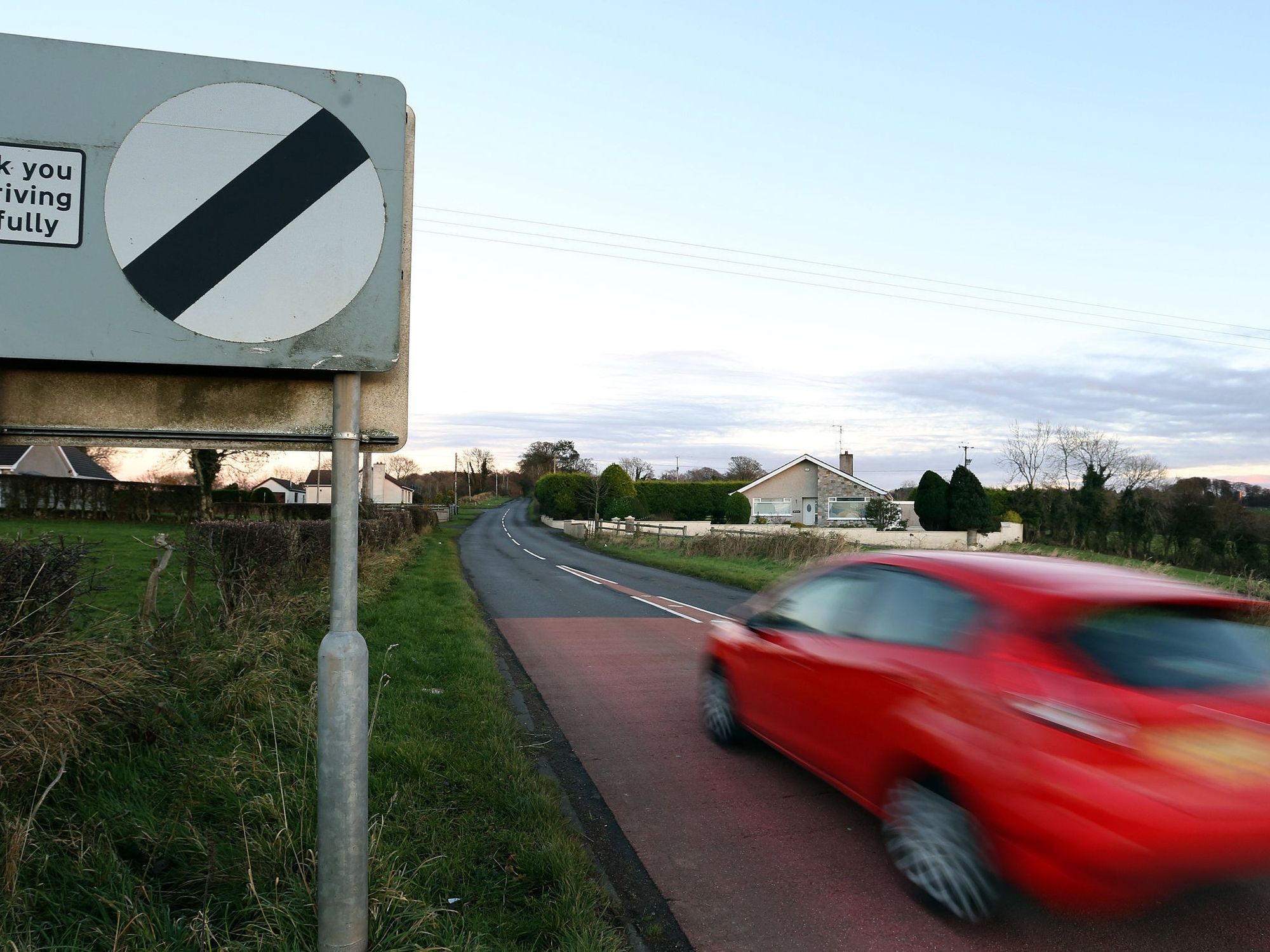NHS gives green light to 'life-saving' leukaemia treatment with 77% remission rate

WATCH NOW: NHS Scotland launches AI trial to help detect lung cancer and strokes in X-rays
|GBN

The new drug has the potential to reach more patients than existing treatments
Don't Miss
Most Read
The NHS has given the green light to a groundbreaking immunotherapy that could transform treatment for a rare and aggressive blood cancer.
The therapy, known as obe-cel or Aucatzyl, targets B-cell acute lymphoblastic leukaemia and represents a major advance in cancer care.
This innovative treatment harnesses the body's own defences by reprogramming cells to hunt down and destroy cancer.
It's been created by Autolus, a company that emerged from University College London's research labs.

Results from clinical trials have proven promising
|GETTY
The National Institute for Health and Care Excellence has endorsed the therapy for patients who are 26 years old or above in England, marking a significant milestone for those battling this challenging disease.
The treatment works through an ingenious process called CAR T-cell therapy.
Doctors take immune cells from patients and modify them genetically, essentially teaching them to spot and eliminate cancer cells they'd normally miss.
The therapy, which involves two intravenous doses given 10 days apart, is a sophisticated approach that turns the patient's own immune system into a powerful weapon against the disease.
Obe-cel has the potential to reach more patients than existing treatments because it produces fewer side effects, meaning people who couldn't tolerate other therapies might finally have an option that works for them.
In a study involving 94 patients, an impressive 77 per cent achieved remission after receiving obe-cel.
Even more encouraging, over half of these patients remained completely cancer-free after three-and-a-half years, with no detectable signs of the disease.
LATEST DEVELOPMENTS
These figures represent a breakthrough for people facing either relapsed cancer that's returned after treatment or refractory cases that haven't responded to conventional therapies.
Helen Knight from Nice believes the treatment "offers real hope to people living with this rare and aggressive blood cancer".
She points out it could be "a life-saving drug" which means less time in the hospital for patients.
Dr Claire Roddie, a consultant haematologist at UCL Hospital and associate professor at the UCL Cancer Institute, expressed delight at the decision.
"Many more patients now stand to benefit from this CAR T-cell therapy on the NHS, and we are still working to widen its application," she said.

The treatment could offer patients a chance to live free from cancer for longer
|GETTY
Professor Peter Johnson, the NHS's national clinical director for cancer, noted the therapy "could give patients with this aggressive form of leukaemia a chance to live free from cancer for longer and, for some, it could offer the hope of a cure".
Fiona Hazell from Leukaemia UK called it "a significant step forward in expanding treatment options for people living with leukaemia".
Nice estimates the therapy could benefit over 150 people during the next three years who currently have few alternatives available to them.
Our Standards: The GB News Editorial Charter










